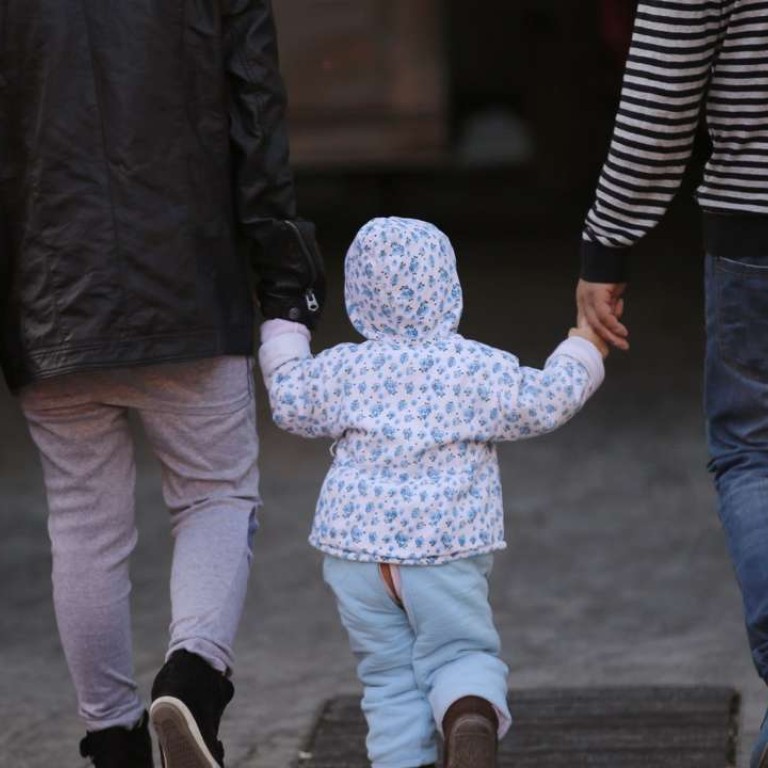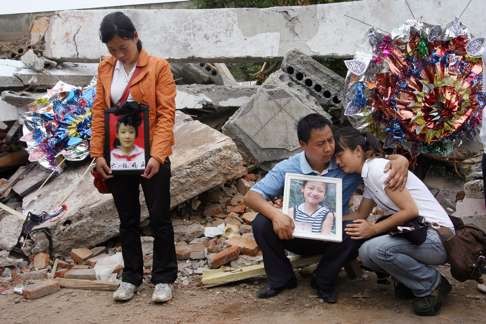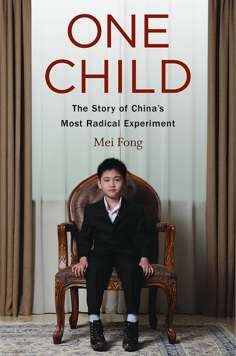
Author Mei Fong talks one-child policy’s mind-boggling impact on China
Probably the first writer to take a sweeping look at the origins and effects of the one-child policy, Fong considers the unintended consequences of a world without uncles and aunts - or daughters-in-law to care for the elderly

The policy may have ended, but Fong argues its impact is only just beginning to be felt. “Those that survived the Cultural Revolution are called the Lost Generation. Those born under the one-child policy are being called the Lonely Generation,” Fong says. Based on her own extensive reporting of everything from the Beijing Olympics to the 2008 Sichuan earthquake, a single man caring for his mother to a doctor who performed 1,500 forced abortions, Fong tells James Kidd about a policy that has already changed the world.
Your new book examines China’s one-child policy. The subject seems at once blindingly obvious and intimidatingly vast.
I always wanted to be a writer, but I said I am not going to write something unless I have something to say. The policy always seemed to be the one interesting, single issue about China. It astonished me that very little had been written about it. Nothing that took a big sweeping look at its origins and effects.

This was a very radical change. For millennia everything in China was informed by the family and the clan. Your name, for example: your surname comes first; you are second. All of that is gone, like Latin. Words like aunt and uncle no longer apply when you don’t have siblings. It completely reordered society. China is now the second-largest economy. Anything that has to do with the make-up of that economy clearly matters to the world today. Economically it matters. Socially it matters. In the West, 120,000 children were adopted from China as a result of the one-child policy, most of them girls. That has also changed the world.
READ MORE: Parents sacked during China’s one-child policy petition Beijing for their jobs back
What do you see was its purpose?
There was a misguided sense that we needed this to grow economically. It came from an almost Soviet sense of people as a drag on resources rather than as potential consumers or talent. China didn’t believe in its people. But 30 years ago, China had a huge population. They had no anticipation that their economy would grow the way it did. There was no belief in human ingenuity to bridge the gap. They didn’t foresee the green revolution that could feed the human population.

This is why it is chilling and moving. These things had to be talked about, but I had to balance it. I didn’t want it to be a litany of horrors. Maybe if I am Tolstoy, but I am not Tolstoy. I also talk about everyday living in China. What it means for dating, for ageing. Not necessarily backyard forced abortions in the countryside far, far away.
We are very used to thinking of China as the world’s largest cellphone market, the world’s largest car market. It will be the world’s largest adult diaper market
You write that modern China will soon be “too male, too old, too few”. Could we start with “too male”? You note that in China 138 men are born for every 100 women. The global average is 105 women born for 100 men. What effects could this gender imbalance have?
It’s very hard to predict. There are a lot of prognostications saying this is going to make a more war-like China. That is interesting speculation, but you can’t necessarily draw a straight-line conclusion. I have had trouble working in certain parts of the world, but I have never felt in China the feelings I sometimes have in the Middle East, or India where you get groped and molested. But any society with a vast gender imbalance is good neither for men or women. Economists have found that such areas have higher crime rates. Domestic violence is very high in China. One in four Chinese women have domestic violence issues.

In 20 years China is going to be the world’s oldest economy. You are going to have more retirees than all of Europe combined. If the ‘China of old people’ was its own country, it would be the third largest after China and India. We are very used to thinking of China as the world’s largest cellphone market, the world’s largest car market. It will be the world’s largest adult diaper market, without question. There could be a huge strain on public resources. China now has a quarter of the world’s Parkinson’s disease sufferers. In 20 years that is going to jump up to over 60 per cent. You can imagine similar rises for Alzheimer’s. This is the huge cohort born in the 1960s and ’70s. The problem is you have no support for them because of the one-child policy. Who takes care of old people? Daughters and daughters-in-law, and you are missing them. How are you going to grow your population when you are missing mothers?
How about the future? Can the effects – practical, social and psychological – of the one-child policy be reversed?
It is not just a mindset formed across 30 years. China has not announced policies that would make it more attractive for people to have more children. One academic posited the government should consider polyandry [a woman having multiple husbands] which has been done in places like Tibet where there is a shortage of women. Imagine that in the context of modern-day China! I have seen in recent news there has been a resurgence of child brides. In poorer parts of China, they are so worried about a dearth of babies that they are encouraging girls of 13 and 14 to get married. It is pretty clear its effects will continue for another 20 to 25 years. Even if there were a massive baby boom, babies take time to turn into workers and mothers. Japan hasn’t been able to do it. There are places like Nigeria where the population boom is going on unchecked. But it is hard to imagine how China is going to turn the tide back. The mindset is small families.

